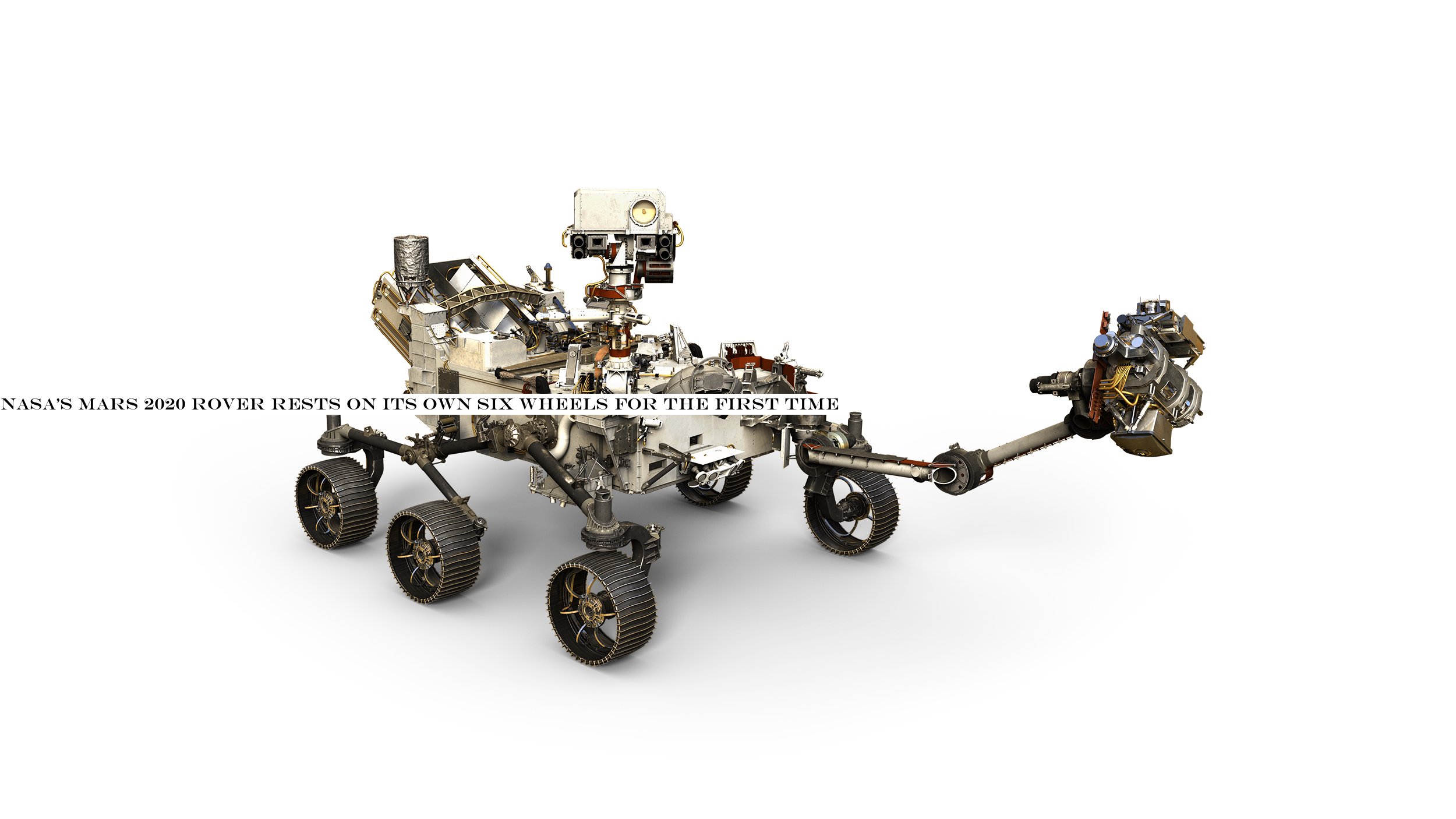INSUBCONTINENT EXCLUSIVE:
NASA Mars 2020 rover will have to operate on its own in a harsh environment, hundreds of millions of miles from the nearest mechanic
But for now, it still in development at NASA Jet Propulsion Lab — and every milestone is an important one
Including supporting its own weight, fully assembled and resting on its own six wheels, which is what the rover managed this week.
This
stand-up test is one of many the rover is undergoing, including testing its nuclear-powered engine, its ability to move its wheels, its
sensor arrays and its navigation systems
The six-wheeled robotic exploration platform is readying for its scheduled July 2020 launch, which will see it sent to the Red Planet to
carry on and augment the mission of the Mars Curiosity rover.
NASA Mars 2020 Rover (Credit: NASA)
Curiosity launched in 2011, and landed on
This earlier rover was designed for a two-year mission, but it got an indefinite mission extension in December 2012, and it still
operational after switching computers earlier this year following a crash — a full seven years after its original landing.
The Mars 2020
rover has received a number of upgrades versus Curiosity, which you&d probably expect, given that the team developing the newer rover has
the benefit of multiple years of experience running a robotic rover platform on the surface of Mars
Mars 2020 features upgrades like improved environmental durability, and it&ll carry a host of different scientific and research equipment to
complement Curiosity capabilities.

